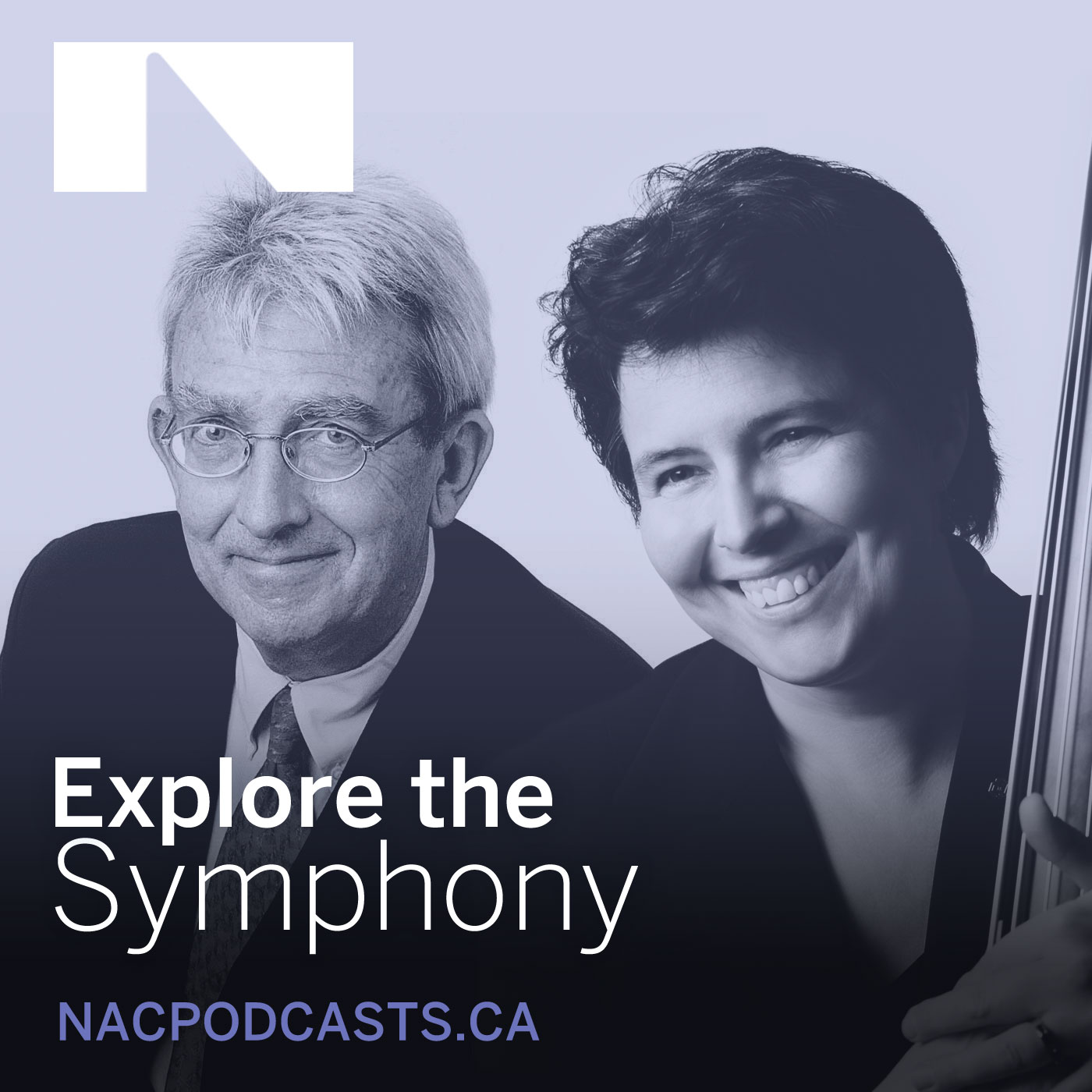Richard Strauss - Also sprach Zarathustra

b'
Richard Georg Strauss (11 June 1864 \\u2013 8 September 1949) was a leading German composer of the late Romantic and early modern eras. He is known for his operas, which include Der Rosenkavalier, Elektra, Die Frau ohne Schatten and Salome; his Lieder, especially his Four Last Songs; his tone poems, including Don Juan, Death and Transfiguration, Till Eulenspiegel\'s Merry Pranks, Also sprach Zarathustra, Ein Heldenleben, Symphonia Domestica, and An Alpine Symphony; and other instrumental works such as Metamorphosen and his Oboe Concerto. Strauss was also a prominent conductor in Western Europe and the Americas, enjoying quasi-celebrity status as his compositions became standards of orchestral and operatic repertoire.
\\n\\nAlso sprach Zarathustra, Op. 30 (Thus Spoke Zarathustra or Thus Spake Zarathustra) is a tone poem by Richard Strauss, composed in 1896 and inspired by Friedrich Nietzsche\'s philosophical novel of the same name.The composer conducted its first performance on 27 November 1896 in Frankfurt. A typical performance lasts half an hour.
\\n\\nThe work has been part of the classical repertoire since its first performance in 1896. The initial fanfare \\u2013 titled "Sunrise" in the composer\'s program notes \\u2013 became particularly well-known after its use in Stanley Kubrick\'s 1968 film 2001: A Space Odyssey.
\\n\\n- Wikipedia
'